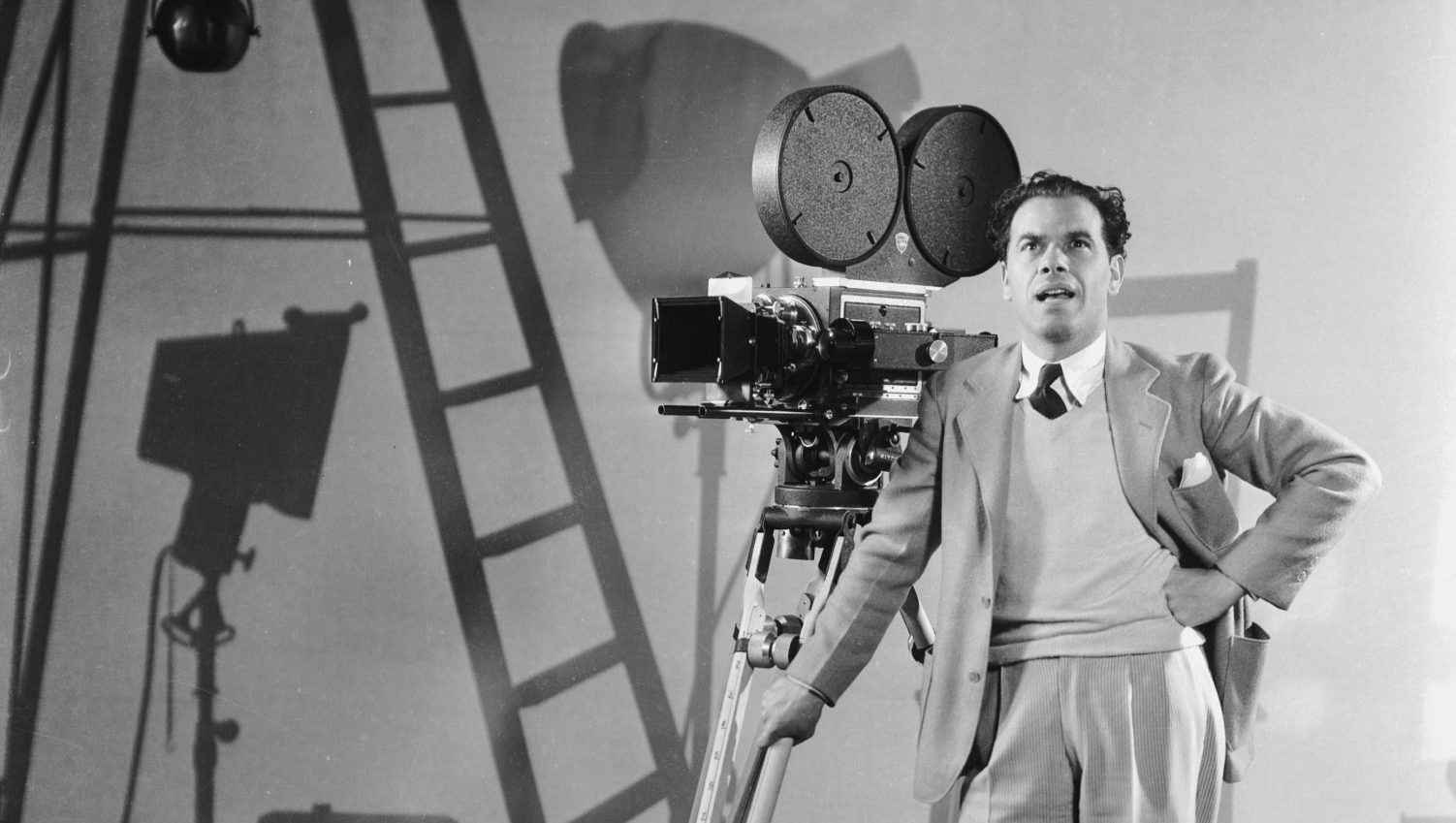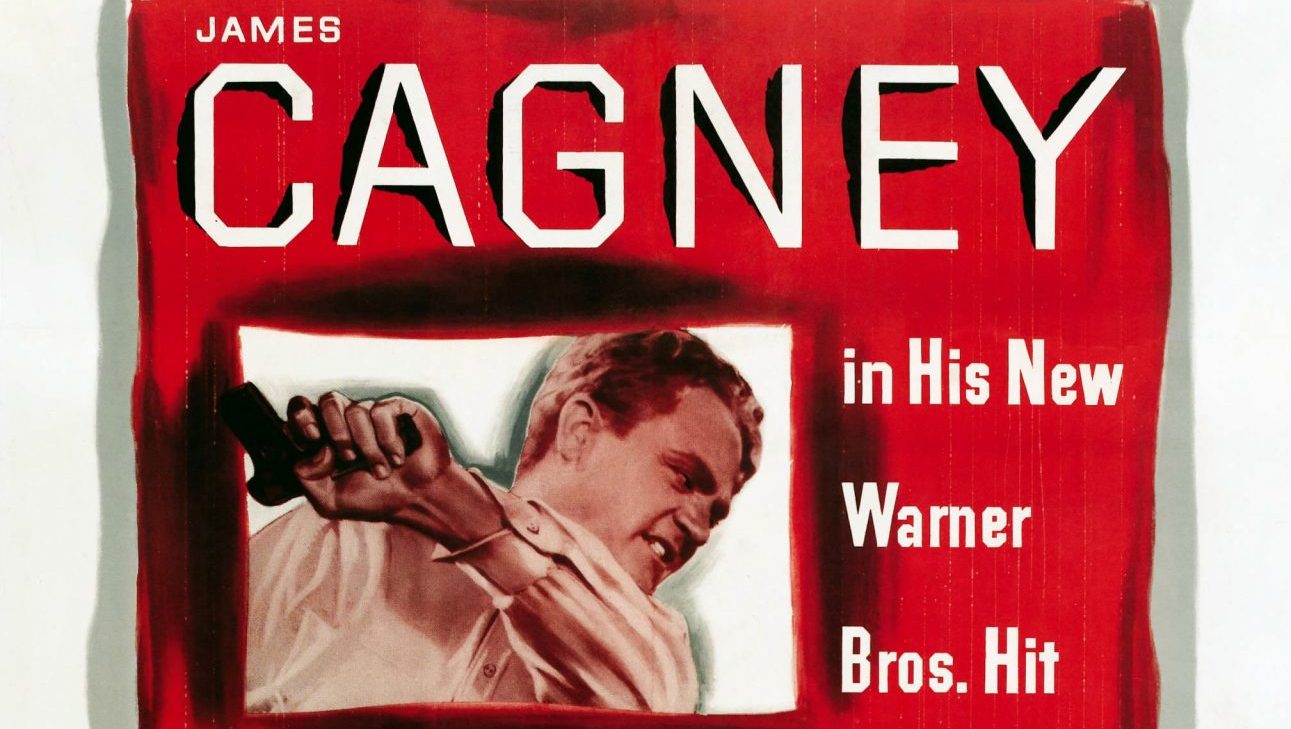In the early days of 1922, a frustrated, 24-year-old door-to-door salesman peddling books and mining stock of dubious provenance on the streets of San Francisco stumbled across a way out of the slog of footsore hawking.
“I read in the newspaper that they were going to start making motion pictures with some company out near Golden Gate Park,” Frank Capra recalled in 1960. “I went out to see the man from the company and told him I was from Hollywood. At that magic word I saw his eyes widen.”
The man, William Montague, told Capra that he was looking to adapt well-known poems and short stories into short film presentations and Capra, having mentioned Hollywood, seemed the man for the job.
“It didn’t make much sense to me really,” said Capra, “but I needed a job and found out I knew more about motion pictures than he did – and I didn’t know anything about motion pictures.”
Within days he had made Fulta Fisher’s Boarding House, a one-reel adaptation of a short story by Rudyard Kipling that earned its director the princely sum of $75.
Thus began one of the most successful careers in cinema history, producing the Oscar-winning It Happened One Night, Mr Deeds Goes to Town and You Can’t Take It With You as well as Mr Smith Goes to Washington and yuletide perennial It’s a Wonderful Life.
At least, that’s how Capra related it. A master of storytelling, particularly tales of an everyman coming good against the odds, it’s probably inevitable that Capra’s opportunistic version of his early career would not quite tally with the truth.
Yet the real Frank Capra origin story is no less remarkable. Indeed it is almost the story of the 20th century itself, one in which Capra emerges from a well-trodden European emigration narrative to become a Zelig-like figure in the early history of modern popular culture.
In May 1903, fruit grower Salvatore Capra loaded his wife and four children, including his five-year-old son Francesco, on to a horse-drawn cart in the Sicilian village of Bisacquino and headed for Palermo. There they boarded the SS Germania bound for New York and continued west until they reached Los Angeles, where a new life would begin. Francesco’s sixth birthday was celebrated in the middle of the Atlantic Ocean, the fulcrum between a life in old Europe and a new, American story.
Once settled in California, Capra sailed through school and, instead of leaving to start work as soon as possible, commenced a degree in chemical engineering, funding his studies with a range of odd jobs including playing the banjo in a nightclub band.
In the final months of the first world war, Capra paused his studies to enlist in the US Army. Assigned to teach mathematics to artillery units in San Francisco, Capra’s scientific background also saw him working in a research department attempting to develop a poisonous gas that could pierce German gas masks. The war ended before the project was completed.
Towards the end of his military service, Capra contracted but survived the Spanish flu sweeping the globe that killed as many American soldiers as would die in battle, but returning to civilian life he found it all but impossible to find engineering work. Until, that is, he discovered the film business.
Shortly after leaving the army, Capra was working as a hop picker in the Sacramento Valley when he learned of a western filming nearby calling for extras. The Outcasts of Poker Flat was directed by a promising 24-year-old director named John Ford and starred Harry Carey, with whom Capra became friendly and who helped him secure more background work and other industry introductions. Almost two decades later, Capra returned the favour when he cast Carey in Mr Smith Goes to Washington, for which the actor received an Academy Award nomination.
By the time the Fulta Fisher’s Boarding House opportunity presented itself, Capra had also worked at a small studio in Hollywood doing everything from writing inter-titles to, in his words, “cleaning up horse shit”. He might have painted himself as a chancing opportunist, but when he took charge of that Kipling adaptation Capra was far from the novice he made himself out to be.
For most of the 1920s he worked as a gag writer for Hal Roach, who would go on to produce Laurel and Hardy, and wrote slapstick screenplays for Mack Sennett of Keystone Cops fame. Grounded in several aspects of the industry, it was when he joined Columbia Pictures in 1927 that Capra truly set himself on the road to becoming the greatest film director of the age.
It’s fair to say he never exactly lacked confidence. Recalling his early days at Columbia, for example, Capra said “it was so easy to be better than the other directors because they were all dopes”. He always insisted that his name featured above the film’s title – his autobiography was even called Name Above the Title – while his brash manner caused rifts with several of his stars.
Billy Wilder liked to relate a story from 1934’s It Happened One Night, where, “after the last shot, Claudette Colbert asked ‘will that be all, Mr Capra’ and he said, ‘we’re all done’. ‘All right’, she said, ‘now why don’t you go and fuck yourself?’”
Yet for all the egotism and conflict, Capra clearly knew how to get the best out of actors: Colbert won the Best Actress award for her performance in the first film ever to sweep the board at the Oscars.
“I try, in casting, to find men and women who are in real life as much like the characters they portray as possible,” Capra said in 1936. “Then, when they have their parts, I know they will act those parts like human beings, not like actors.”
His little-man-against-the-world narratives fell out of fashion in the aftermath of the second world war. Even It’s a Wonderful Life was panned
on its 1946 release and was soon forgotten. It was only regular television screenings during the 1970s once its copyright had expired that the film became recognised as one of the greatest ever made and Capra’s reputation and standing could be rehabilitated.
Defending what was derided as the “gee-whiz” folksiness of his films in his autobiography, Capra wrote: “I always felt the world cannot fall apart as long as free men see the rainbow, feel the rain and hear the laugh of a child.”
Above all, however, his outlook remained immutably uncomplicated.
“I believe pretty much in simplicity in picture making,” he said. “Entertainment is not a complicated process.”




